
Call for papers
CfP: Untangling Quantum Ecology
CfP for the Topical Collection Untangling the Quantum Ecology: Charting the Impact of Quantum Theory and Quantum Technologies on Technoscience and the Digital Transformation, guest-edited by Dr Stefano Calzati (Joint Research Centre, Brussels) and Prof. Robert Braun (Institute for Advanced Studies, Vienna) in the journal Digital Society.
See the full description of the call.
We welcome research articles (8000 words) or commentaries (3000 words), which can be sent until the 30th of September 2026 via Editorial Manager by selecting "TC-Quantum Ecology". Submissions will be reviewed on a rolling basis and, if accepted, published as soon as they are ready.
See the full description of the call.
We welcome research articles (8000 words) or commentaries (3000 words), which can be sent until the 30th of September 2026 via Editorial Manager by selecting "TC-Quantum Ecology". Submissions will be reviewed on a rolling basis and, if accepted, published as soon as they are ready.
Deadline onDate/deadline: 30 September 2026

Call for papers
How can Ethical, Legal, and Social Aspects (ELSA) approaches operationalise Responsible AI?
Artificial Intelligence (AI) is rapidly embedded in nearly every part of our lives. While this widespread integration offers immense opportunities, it also raises a wide range of ethical, legal, and social aspects (ELSA) or implications (ELSI) that require serious attention. Recent theoretical and empirical research has shown that these aspects often manifest at multiple, interconnected levels (Wang & Blok, 2025; Ryan et al., 2024; Bolte & van Wynsberghe, 2024) — from ethical and legal concerns at the level of newly designed artefacts, such as biased or discriminatory outcomes, infringements on privacy, and lack of transparency, to structural socio-political issues related to the power of big tech companies (Ryan et al. 2024) and ontological issues related to the identification of human and artificial intelligence and its transferability (Blok 2025; Ryan 2025).
Deadline onDate/deadline: 27 September 2026

Call for papers Online
AI, Art, and Ethics
Editor: Ted Nannicelli (The University of Queensland, Australia)
Deadline onDate/deadline: 31 August 2026

Call for papers
Call for papers: Ethics and Philosophy of Decentralized Technologies
Journal: Ethics and Information Technology
Deadline onDate/deadline: 23 April 2026
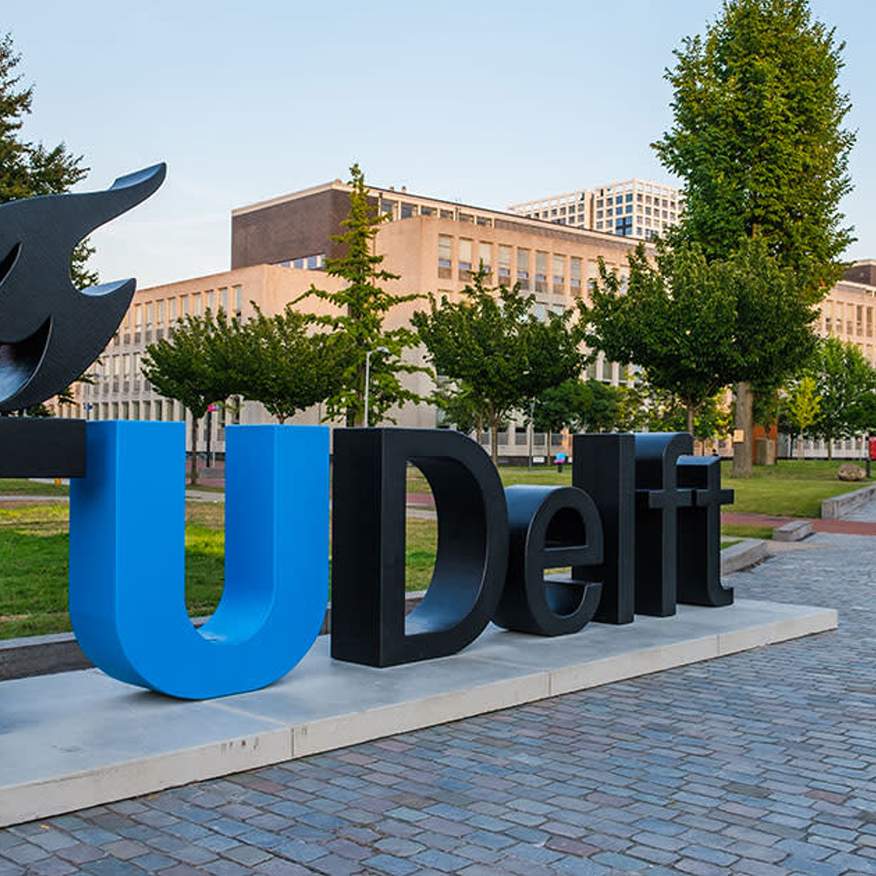
Call for abstracts Delft University of Technology
Philosophy of Human Technology Relations Conference 2026
PHTR2026 takes human-technology-world (H-T-W) relations as an object of study, exploring their political, social, philosophical, design, and environmental dimensions. We therefore invite contributions from scholars working within or at the intersection of all relevant disciplines. We also welcome inter- and transdisciplinary, experimental, multimedia, and other submissions in non-traditional formats, as long as they fall within the proposed submission categories. Full paper submissions prior to the conference are not required, and all participants are invited to submit their final work to the Journal of Human-Technology Relations, companion journal to PHTR.
When20 March 2026

Symposium Delft University of Technology
The History of Philosophy of Technology: The Netherlands and TU Delft
Philosophy at a technical university can seem special or strange. Some do not even know TU Delft does philosophy. Generations of scholars, administrations, and policies have made philosophy what it is today, at TU Delft.
When11 March 2026

Call for abstracts
AISB 2026 Symposium: Hype, Promise, and Speculation
Call for Abstracts: AISB 2026 Symposium: Hype, Promise, and Speculation: AI Bubbles and the Replication Crisis in Computer Science
Deadline onDate/deadline: 6 March 2026

Conference
EASST 2026
The conference will take place on the main campus of AGH University of Krakow, walking distance from the Krakow’s vibrant city centre. With past and future intertwined, Krakow is a perfect place to get the best of its cultural, social and technological legacy and perspectives. At the same time, it offers a great opportunity for a joint exercise in imagination and discussion about what kind of futures we want to live in and what kind of futures are worth creating.
Deadline onDate/deadline: 28 February 2026
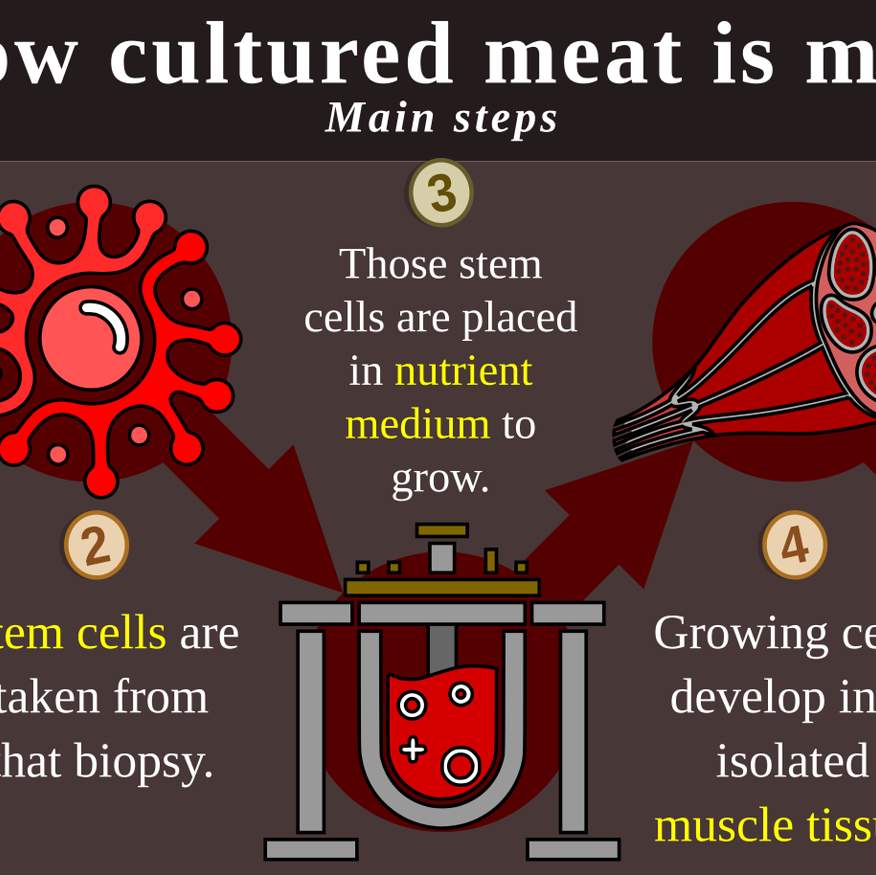
Call for papers Online
The Ethical Frontiers of Cultured Meat
Cultured meat, also referred to as cultivated meat, lab-grown or in-vitro meat, represents a new approach to food production. It involves the growth of animal cells within a controlled environment, thereby eliminating the necessity of farming animals in order to produce meat.
Deadline onDate/deadline: 28 February 2026

Vacancy Texas A&M University
Postdoctoral Research Associate
The Postdoctoral Research Associate will conduct research that will advance professional ethics in engineering and related areas. The selected candidate will conduct independent research in this area but will also be offered to collaborate with Dr. Peterson on projects regarding AI ethics. In addition to this, the Postdoctoral Research Associate may have the opportunity to teach a course in Texas A&M's acclaimed undergraduate engineering ethics program and contribute to the organization of programming associated with the Bovay Endowed Chair of History and Ethics of Professional Engineering, such as an annual Bovay workshop. This position will help promote the areas of research and teaching supported by the Bovay Endowment.
Deadline onDate/deadline: 31 January 2026

Call for abstracts Conference
fPET 2026
The 2026 Forum on Philosophy, Engineering and Technology (fPET) will beJune 9-11, 2026 at the University of Maryland, College Park, in the greater Washington, DC area, USA.
Deadline onDate/deadline: 25 January 2026

Call for papers Online
Evaluating Artificial Consciousness
We invite contributions that discuss the problem of artificial consciousness from metaphysical, epistemological, or ethical perspectives. Potential topics for submissions include, but are not limited to, the following:
Deadline onDate/deadline: 15 January 2026

Call for papers Conference Western University, London, Ontario, Canada
Rotman Graduate Student Conference (RGSC2026)
The Rotman Institute of Philosophy is excited to announce the second annual Rotman Graduate Student Conference, taking place on Saturday, May 2 and Sunday, May 3, 2026, at the University of Western Ontario, Canada. We are pleased to announce Philosopher, Dr. Lauren Ross (University of California, Irvine) and Professor of Bioengineering, Dr. Dani S. Bassett (University of Pennsylvania) as our keynote speakers.
When15 January 2026

Vacancy Wageningen University & Research
Assistant Professor in Philosophy of the Life Sciences
Are you seeking a challenging role in a nurturing and collegial setting that supports rigorous philosophical teaching and research as well as opportunities for productive collaborations with social and life scientists? Are you an outstanding early career researcher whose focus is philosophy of the life sciences, biotechnologies, or related areas, grounded in fields such as epistemology, philosophy of science, social/political philosophy, ontology, or ethics? The Philosophy group at Wageningen University & Research offers an exciting opportunity to make significant impacts and build a successful academic career in a supportive and welcoming setting.
You will work in the Philosophy group
This position is in the Philosophy (PHI) group which is led by Prof. Rachel A. Ankeny. The PHI group is recognized for its cutting-edge research and innovative teaching in applied philosophy and philosophy of the life sciences in practice, drawing on multiple philosophical traditions and interdisciplinary methodologies, often in collaboration with natural scientists and incorporating empirical approaches.
The PHI group is embedded in Wageningen University, which is internationally renowned as a leading institution in the life sciences, particularly food, agriculture, and environmental sciences, and which prides itself on its excellence and impact. PHI is located within the Social Sciences Group (SSG) and has close relationships and collaborations with other groups in its section: Knowledge, Technology, and Innovation (KTI), Strategic Communications (COM), and Education and Learning Sciences (ELS).
The PHI group currently has the equivalent of 8 full-time academics (half conventional research/teaching mix, and half teaching focused) plus 2 part-time special professors, 4 postdoctoral researchers, 18 PhD candidates, and 2 support staff, who together support an active intellectual and productive working environment which is culturally and socially diverse. To further strengthen our research and education in this time of continued evolution and growth at WUR including in the PHI group, we are seeking applications for an Assistant Professor position.
As Assistant Professor in the PHI group, you will contribute to research, teaching including graduate training, PhD supervision, group administration, and engagement within and outside of the university (the typical split of responsibilities is 40% research, 40% teaching, and 20% administration, with details to be negotiated for the successful candidate). The language of instruction and the primary institutional language is English.
In this challenging career trajectory, your duties and responsibilities will include:
You will work in the Philosophy group
This position is in the Philosophy (PHI) group which is led by Prof. Rachel A. Ankeny. The PHI group is recognized for its cutting-edge research and innovative teaching in applied philosophy and philosophy of the life sciences in practice, drawing on multiple philosophical traditions and interdisciplinary methodologies, often in collaboration with natural scientists and incorporating empirical approaches.
The PHI group is embedded in Wageningen University, which is internationally renowned as a leading institution in the life sciences, particularly food, agriculture, and environmental sciences, and which prides itself on its excellence and impact. PHI is located within the Social Sciences Group (SSG) and has close relationships and collaborations with other groups in its section: Knowledge, Technology, and Innovation (KTI), Strategic Communications (COM), and Education and Learning Sciences (ELS).
The PHI group currently has the equivalent of 8 full-time academics (half conventional research/teaching mix, and half teaching focused) plus 2 part-time special professors, 4 postdoctoral researchers, 18 PhD candidates, and 2 support staff, who together support an active intellectual and productive working environment which is culturally and socially diverse. To further strengthen our research and education in this time of continued evolution and growth at WUR including in the PHI group, we are seeking applications for an Assistant Professor position.
As Assistant Professor in the PHI group, you will contribute to research, teaching including graduate training, PhD supervision, group administration, and engagement within and outside of the university (the typical split of responsibilities is 40% research, 40% teaching, and 20% administration, with details to be negotiated for the successful candidate). The language of instruction and the primary institutional language is English.
In this challenging career trajectory, your duties and responsibilities will include:
Deadline onDate/deadline: 12 January 2026

Call for abstracts
EurSafe 2026
Call for Abstracts
Deadline onDate/deadline: 7 January 2026
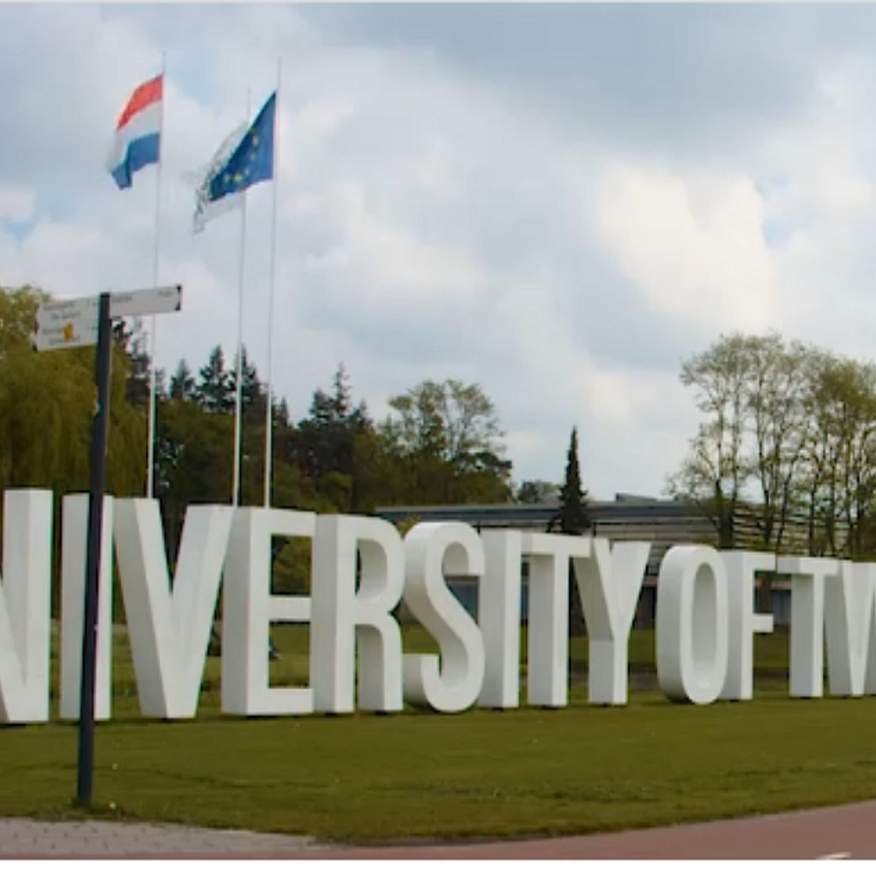
Conference University of Twente
STS NL Conference 2026
University of Twente is proud to host from April 15-17, 2026 the first STS NL Conference, organized jointly with the Netherlands Research School for Science, Technology and Modern Culture (WTMC):
Deadline onDate/deadline: 7 January 2026

Vacancy Delft University of Technology
Postdoc Responsible Innovation of the Synthetic Cell
The EVOLF consortium aims to create a living cell bottom up. This groundbreaking endeavour requires careful alignment with societal values and effective goverance.
Deadline onDate/deadline: 5 January 2026
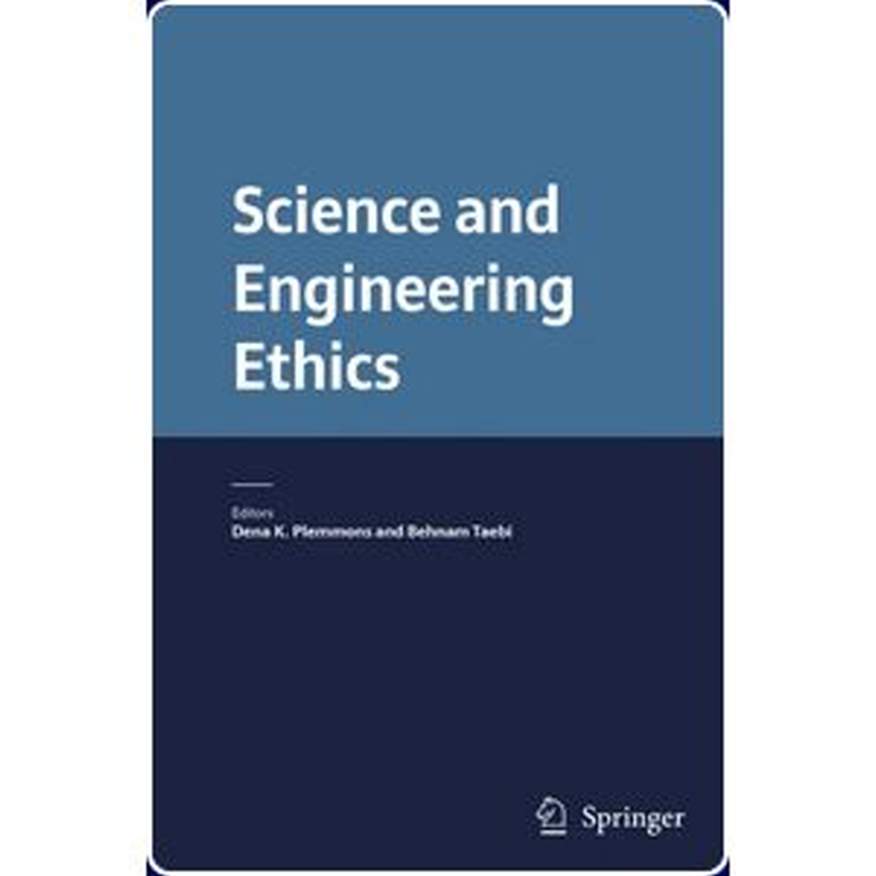
Call for papers Online
Special issue on AI and animals
Artificial intelligence (AI) holds the potential to dramatically impact the lives of non-human animals (hereafter: animals), for good or bad. It has opened a whole new range of possibilities to exploit and control animals while at the same time opening the way for understanding animals and communicating with them in a hitherto unimaginable way. The impacts of AI on humans receive a lot of attention, while the impacts of AI on animals and the human–animal relationship remain underexplored. For example, ethical guidelines on AI rarely discuss animals (Owe and Baum 2021; Ryan 2022).
Deadline onDate/deadline: 30 November 2025

Workshop Utrecht
Digital Lifestyles: Ethics, Well-being and the Future of Online Life
Digital Lifestyles: Ethics, Well-being and the Future of Online Life
When19 November 2025

PhD event Utrecht
PhD Day 2025
On Wednesday, November 19th 2025, the annual 4TU.Ethics PhD Day will take place at Quinton House, in Utrecht. This year we aim to create a space for critical reflection and collective discussion regarding the neoliberalization of university, arguably a structural issue that shapes our job instability, well-being, and capacity for thinking as philosophers.
When19 November 2025

Call for papers Online
Special Issue Superintelligent Robots
Paper submissions are invited for the special issue of Philosophical Studies entitled: SI Superintelligent Robots. This special issue aims to explore the profound philosophical questions and ethical challenges posed by the advent of superintelligent robots.
Deadline onDate/deadline: 31 October 2025

Ethics for AI
Artificial Intelligence (AI) is a rapidly evolving and increasingly widespread technology that significantly shapes the social, cultural, and political processes of our time. It is now evident that this transformation raises pressing ethical questions. An ethical approach to AI can serve as a crucial guide for regulation, which is becoming ever more important in this domain.
Deadline onDate/deadline: 30 October 2025

Symposium Wageningen University & Research
Imagining the Good Life under Uncertainty with Biology & Technology
How do we know what the right thing to do is under uncertainty? More specifically, in the quest to innovate for societal goals such as sustainability, or emancipation, how do we know we are not just providing another technofix?
Deadline onDate/deadline: 18 October 2025
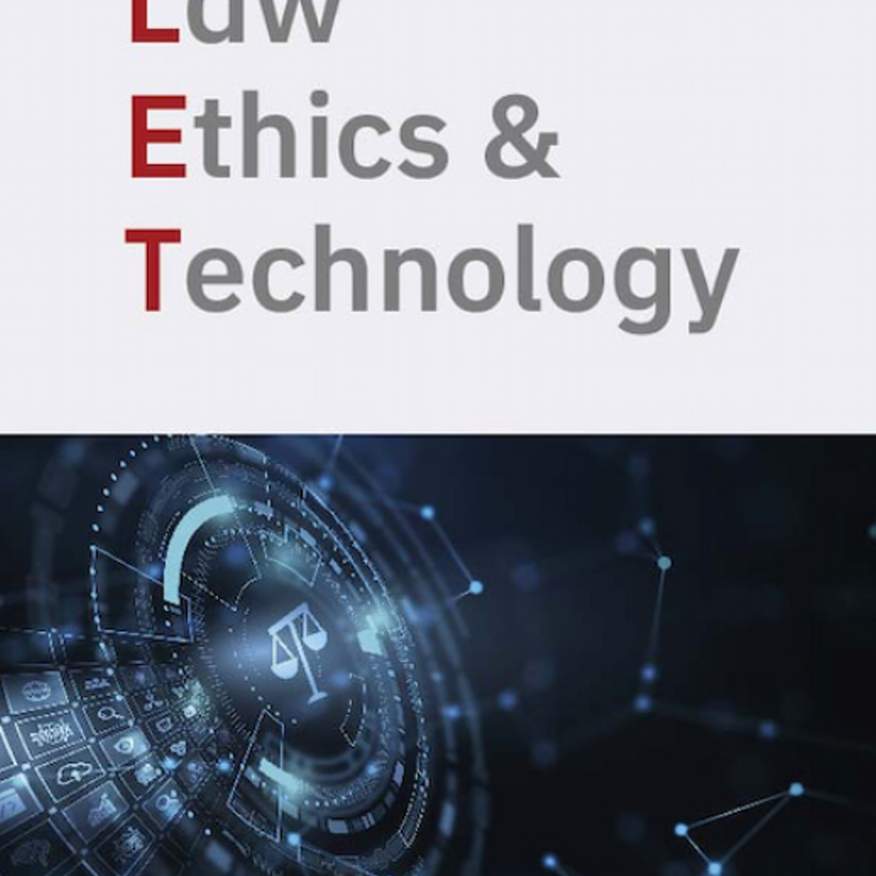
Call for papers Online
AI-Enabled Neurotechnologies
Special Issue Editors
Deadline onDate/deadline: 2 October 2025

Call for papers Online
Artificial Intelligence and the Professions
In contrast to previous revolutions in technology and work, the professions are more vulnerable to impact and change from artificial intelligence.
Deadline onDate/deadline: 30 September 2025
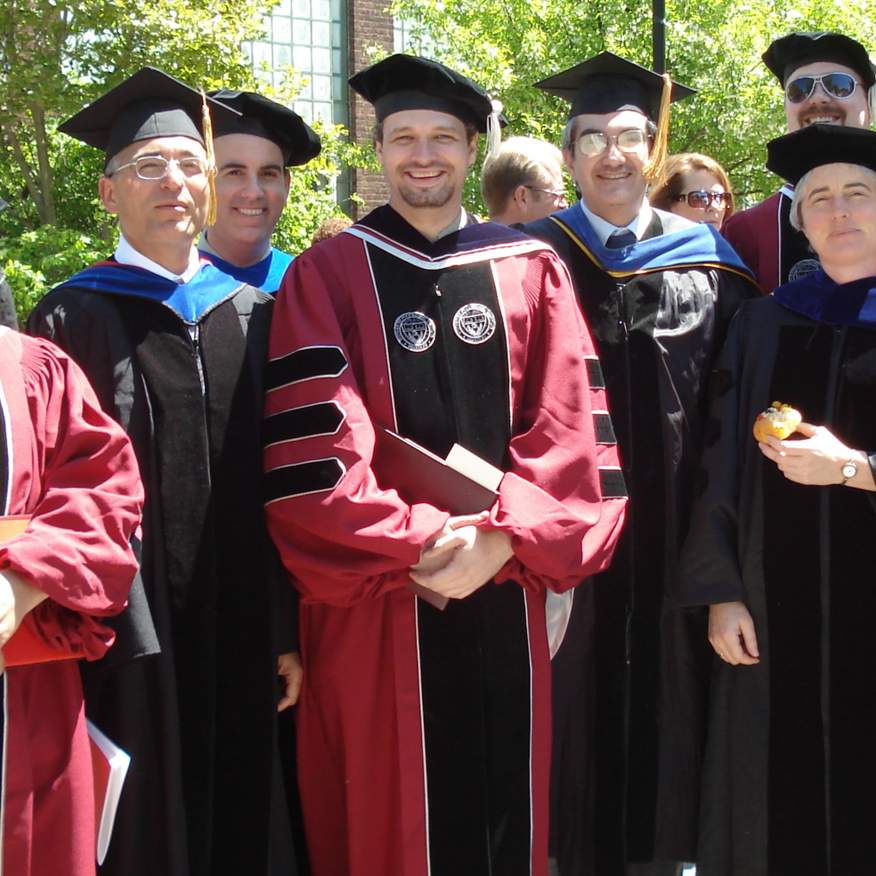
Vacancy Milan, Italy
Ethical Issues of Academic Research on Defence Technology
I am excited to announce that the call is open for 1 PhD position within the PhD Programme in Science, Technology and Policy for Sustainable Change of the Politecnico di Milano (Milan, Italy).
Deadline onDate/deadline: 30 September 2025

Call for papers Online
Ethics of Artificial Intelligence
The editorial board of Síntese, one of the most traditional philosophy journals in Brazil (since 1959) published by the Department of Philosophy at the Faculdade Jesuíta de Filosofia e Teologia (FAJE), invites submissions for a special issue on the Ethics of Artificial Intelligence (AI).
Deadline onDate/deadline: 30 September 2025

Workshop Online
Online Workshop on Agentic AI
The Centre for Philosophy and AI Research PAIR (University of Erlangen-Nuremberg), the Institute of Philosophy (Chinese Academy of Sciences), and Northeastern University - London are organising an online workshop on Agentic AI.
Workshop dates: November 21st and 28th, 2025
Workshop dates: November 21st and 28th, 2025
Deadline onDate/deadline: 25 September 2025
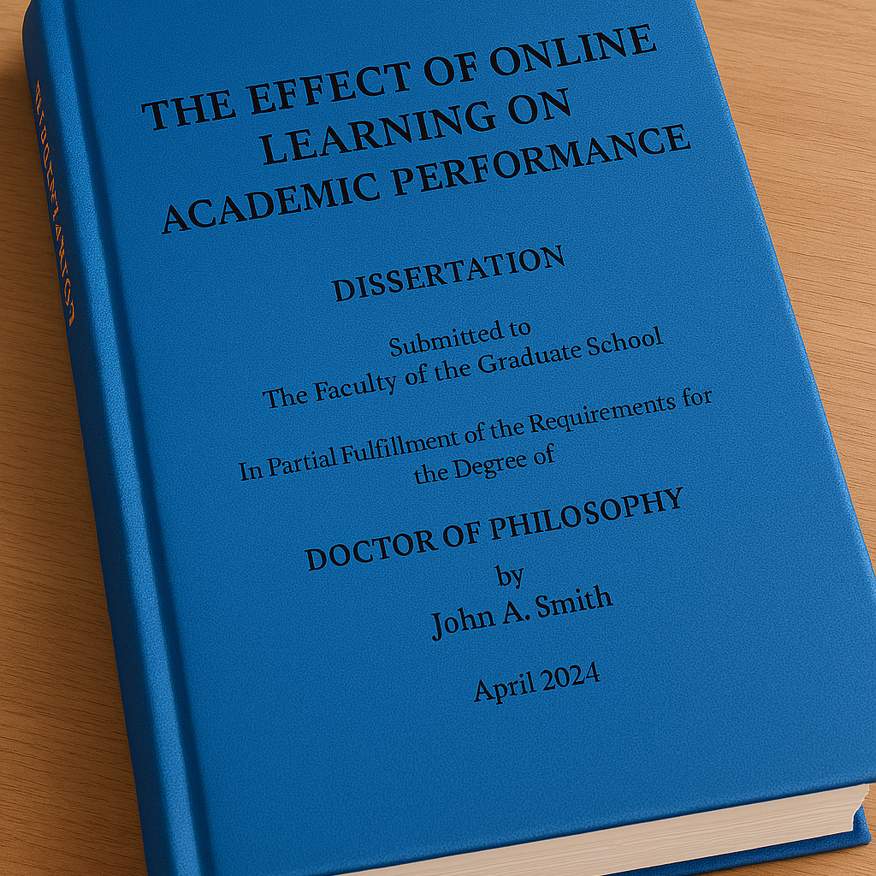
Call for proposals Karlsruher Institut für Technologie (KIT)
Female Excellence Award - Ethics in Digital Education
We are pleased to announce that we are now accepting proposals for the ARRTI Female Excellence Award 2025.
Deadline onDate/deadline: 15 September 2025

Workshop NC State University in Raleigh, North Carolina, USA
Ethics and Autonomous Vehicles Workshop
Deadline for abstracts: Aug 30th
Abstracts (up to 500 words) should be submitted via email to Aisocietyncstate@gmail.com.
Abstracts (up to 500 words) should be submitted via email to Aisocietyncstate@gmail.com.
Deadline onDate/deadline: 30 August 2025

Vacancy Birkbeck, University of London
Two tenure-track lectureships at Birkbeck
Birkbeck, University of London is seeking to hire two lecturers in philosophy. Each lectureship has the same job description:
Deadline onDate/deadline: 28 August 2025

Call for abstracts Delft University of Technology
Resilience, Social Structures and Transformation
Call for papers for the track Resilience, Social Structures and Transformation at the conference International Conference of Resilience Systems
Deadline onDate/deadline: 27 August 2025

Call for abstracts Leuven (Belgium)
First Conference of the European Moral Responsibility Consortium
First Conference of the European Moral Responsibility Consortium (EMRC)
December 4-6, 2025, Institute of Philosophy, KU Leuven, Belgium
December 4-6, 2025, Institute of Philosophy, KU Leuven, Belgium
Deadline onDate/deadline: 15 August 2025

Conference TU Dortmund
Fairness, the Future of Work
The Department of Philosophy and Political Science at TU Dortmund University and the Lamarr Institute for Machine Learning and Artificial Intelligence are delighted delighted to invite you to the public keynote lecture by Kate Vredenburgh on "Gender Egalitarian Justice, AI, and the Future of Work."
When12 August 2025
HomeNews